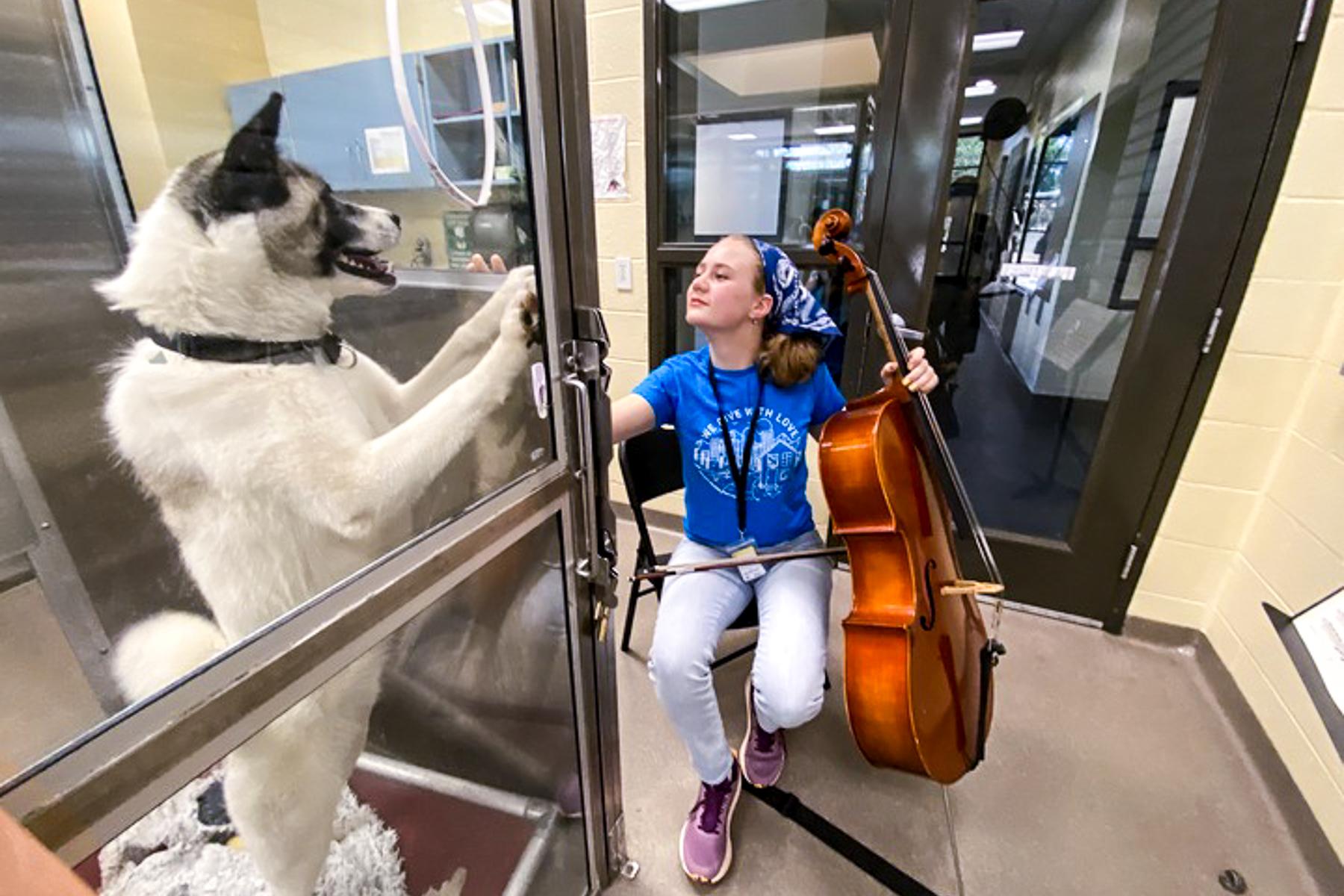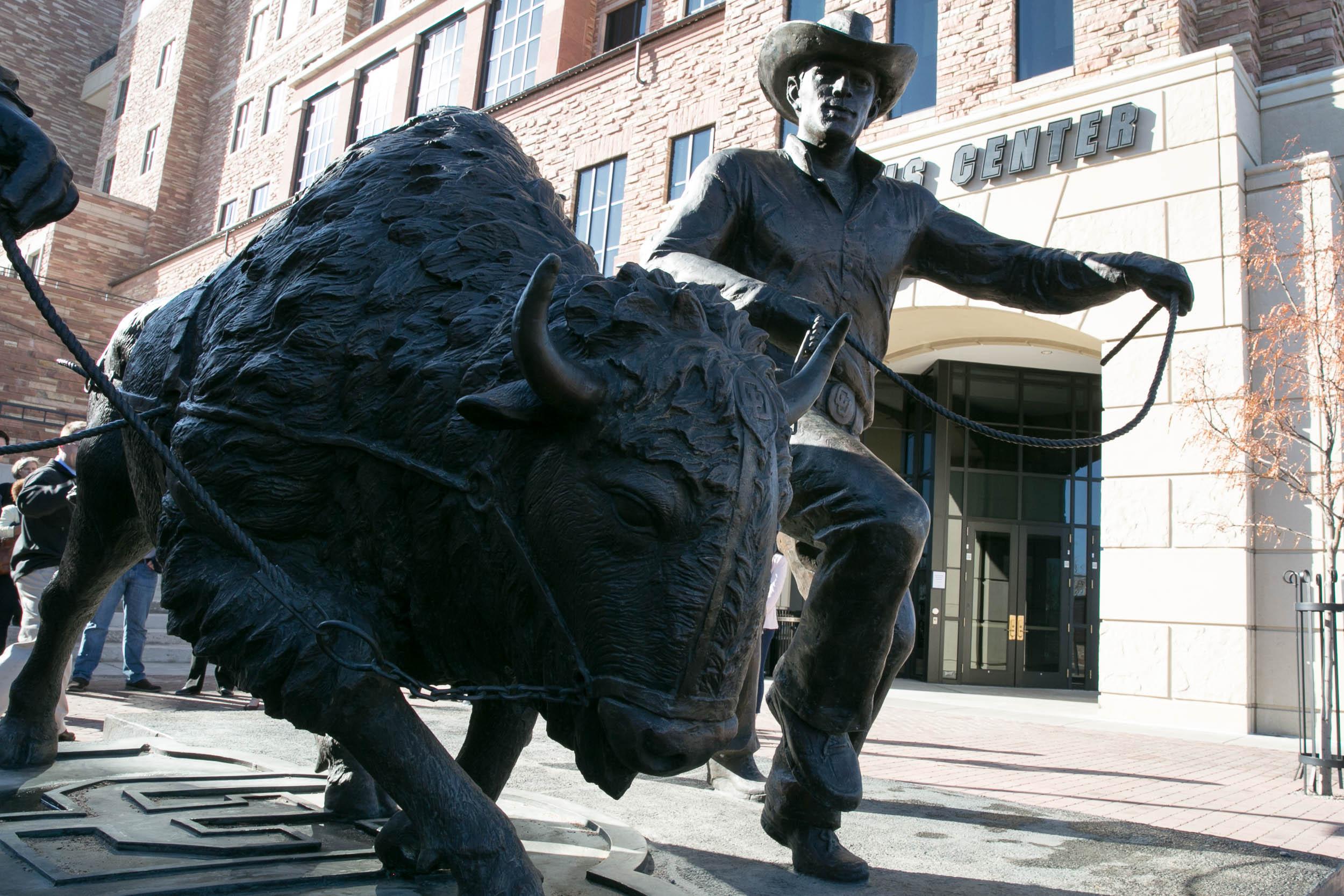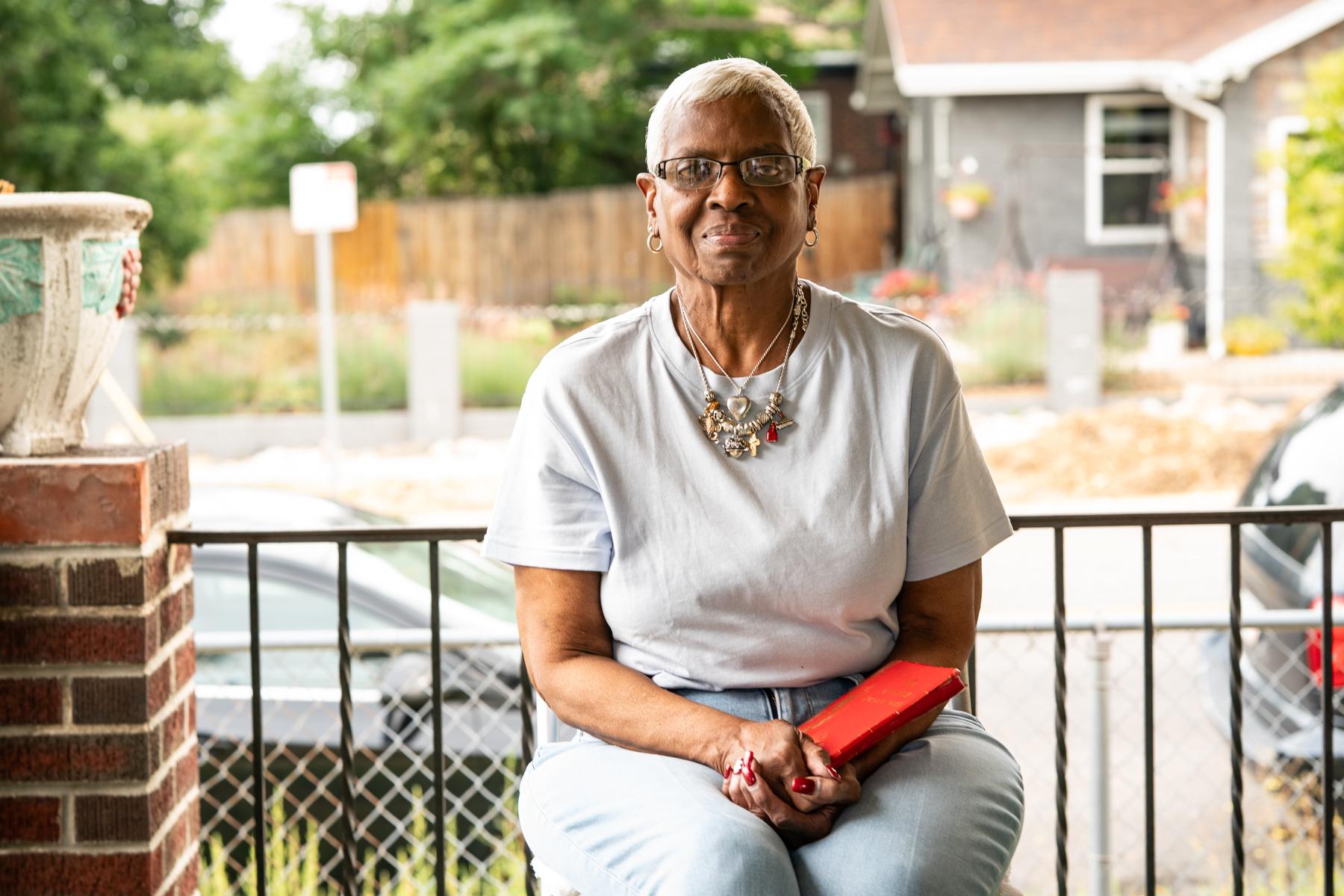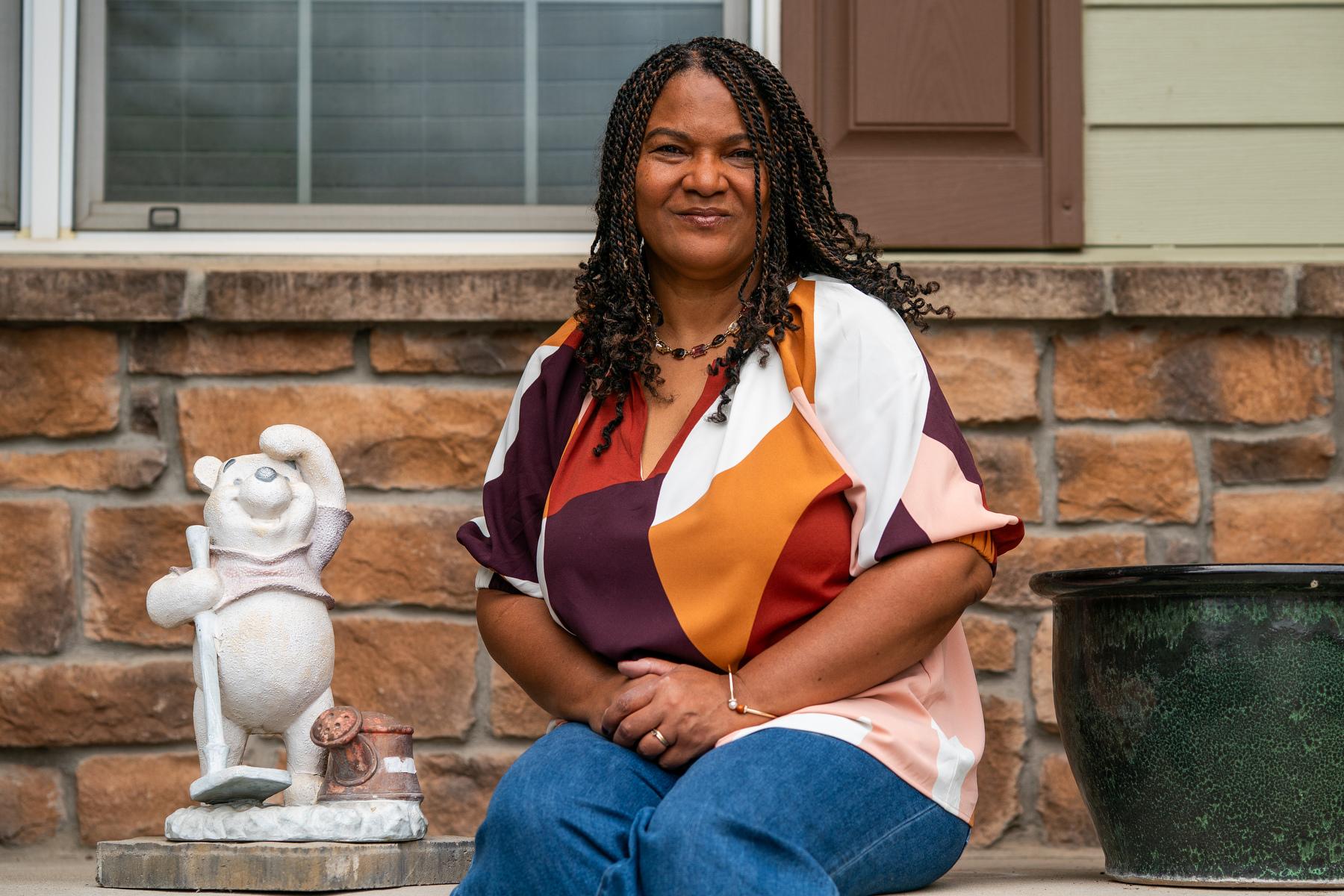
On the front porch of her suburban Parker, Colo. home, Marla Jones-Newman sets two keepsakes side by side: a gleaming fleur-de-lis, the symbol of her beloved hometown of New Orleans, and a weather-worn Winnie the Pooh, that once welcomed her newborn daughter home.
The small statue, long faded by the blazing Colorado sun after surviving the floodwaters of Hurricane Katrina, is a reminder of all she lost — and all she rebuilt.
“It was one of the few things that was outside that represented us,” she said. “I love Colorado. I love being here. But who I am today is shaped by the fact that I grew up in New Orleans, went to college in New Orleans and survived Katrina in New Orleans.”
Jones-Newman, her husband, Derris and their then 1-year-old daughter, Moira, fled the city just before the levees broke on Aug. 29, 2005. They expected to be gone for only three days. Instead, they never returned.
‘It has felt like 20 years’
The family landed in Colorado after her husband’s company offered a transfer to Littleton. Though she says she never imagined herself in the Rockies, two decades later, she proudly calls the Centennial State home.
“Our daughter [had] just turned one. We literally had her birthday party a couple of weeks before Hurricane Katrina, and so I have been marking it because she's a year older than Hurricane Katrina,” said Jones-Newman, a human resources professional who serves on the Colorado Public Radio executive board. “So it has felt like 20 years, but sometimes because of the warm welcome we received when we moved here to Colorado, it feels like we've been here forever.”
Still, she admits to feeling a tinge of anxiety every year around the hurricane’s anniversary.
“It took me five years to realize why I tense up around August 29th,” she said. “I always get a little anxious. I always tell people, ‘I'm not crazy [about] how I got here, but I love the fact that I'm here!’”
A rushed evacuation
The summer of 2005 had already been busy with storms, and the family had evacuated several times before. When news came that Katrina had turned toward New Orleans, Jones-Newman, fresh off sending out thank-you notes from her daughter’s party, packed three days of clothing, a few essentials and toys as she plotted an evacuation plan.
“We decided to go to the Grand Hotel in Mobile, Alabama, because it wasn't going that way,” she recalled. “We get to Alabama the next day, we're at breakfast, and they're evacuating us from Alabama … because that's when it turned.”
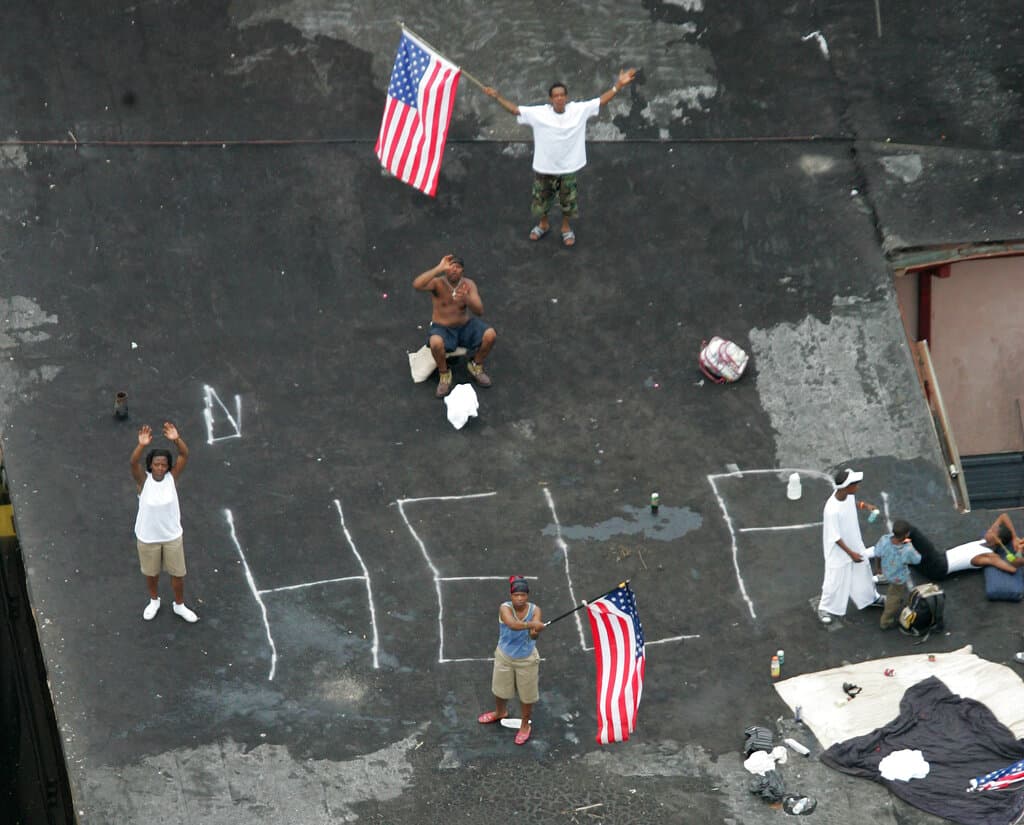
They ended up driving to Atlanta, where they watched television images of rooftops submerged and people stranded. They used online Google Maps to survey the situation at her in-laws' home.
“We saw the water was over their six-foot fence,” she said. “So we are freaking out thinking she's in the attic trying to hammer her way out of it … There was this fear of, did our people get out? Are they safe? Where are they? What is left of New Orleans?”
Her own home in Treme, just outside the French Quarter, sat in one of the city’s higher neighborhoods. It sustained damage, but remained standing.
“The damage to our own house was the last thing I worried about,” she said. “Because we had insurance. But what I was really scared about were people. Where was everybody?”
Leaving New Orleans behind
For months, the family shuffled between Baton Rouge, New Orleans and Mississippi. They gutted relatives’ homes, stripping mold from walls. They worked, paid rent and tried to maintain normal routines.
But after warnings about air quality and mold dangers, Jones-Newman made a life-changing decision.
“I literally told my husband, I'm done with water. I will not deal with water anymore,” she said.
When her husband’s company offered a transfer, they compared options. California was too expensive, Florida and Atlantic City were too close to the ocean and Las Vegas didn’t feel like a place to raise a toddler.
“And he said, ‘Well, we have an office. Our headquarters is now Littleton, Colorado.’ And unfortunately, the first thing I said was, ‘Columbine.’ That's all I knew,” she said. “But I did the research … and it was landlocked. You're not surrounded by water. And that literally is how we got here.”
Building a new life
Adjusting was not easy.
“The first time I walked into Walmart and I said, ‘Where do you keep your wine?,’” she said, laughing at the many cultural differences she faced in her early days in metro Denver. “They looked at me and they said, ‘That’s what a liquor store is [for].’”
She struggled with the dry air, high altitude, and cooking red beans without humidity. “That took years and a lot of wasted red beans,” she quipped.
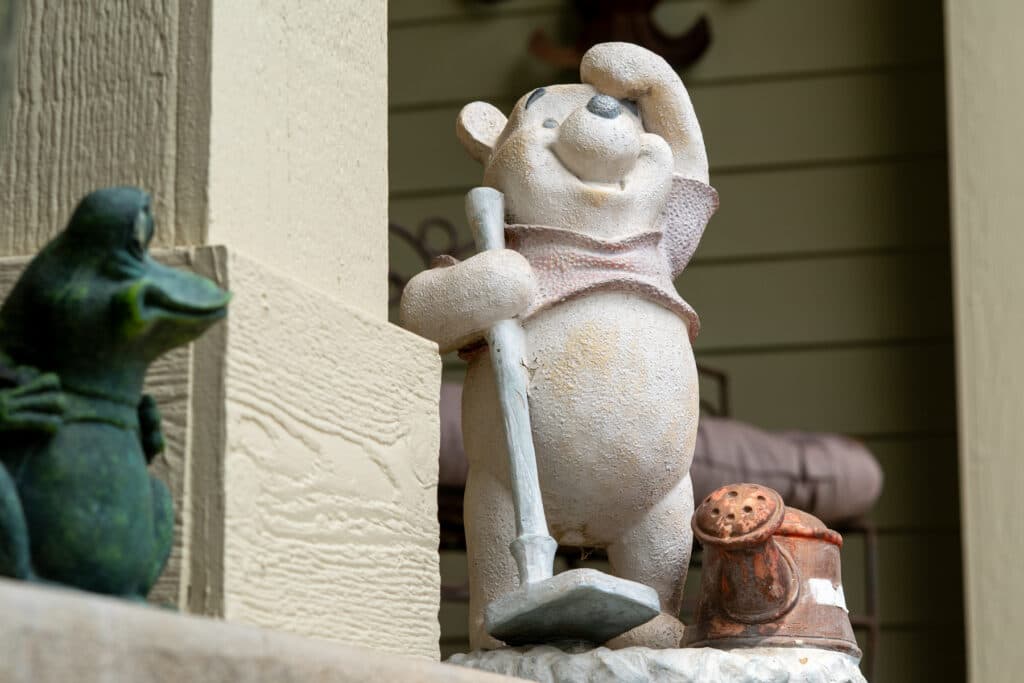
What helped most was community. Jones-Newman leaned on her sorority sisters from Delta Sigma Theta, which helped her land job interviews, furniture and essentials. “Everyone in Colorado was like, ‘I've never met anyone who went through this,’” she said, but she set her mind on settling in.
“We've relocated, we're here, we bought a house, this is where we're going to be,” she recalled thinking.
Forever changed by tragedy
Now 20 years later, Jones-Newman reflects with gratitude about how the experience has changed her for the better.
“I’m always ready for an emergency,” she said. “I keep at least three gallons of water for each member of my household. I do not own an electric can opener. We have two generators.”
Her daughter, once a baby in evacuation traffic, is now grown and thriving as a college student.
“Raising my daughter here was the best decision we could have made,” she said. “She is an outdoorsy girl, which my husband and I are not. But she's so independent and has such a worldwide view.”
Still, Jones-Newman fears the repercussions as the government continues to cut resources for future disasters.
“What scares me is that we've cut funding for FEMA,” she said. “Local governments cannot handle the ramifications of a natural disaster … And there are still parts of New Orleans … that look like a bomb was dropped off there. It has not been rebuilt, and it's not the city I grew up in.”
As the 20th anniversary arrives, her message to her adopted home of Colorado is simple:
“Thank you. Thank you for welcoming us. Thank you for being the amazing state that you are,” she said. “I'm not a refugee. I'm an American … And I have to say, it was so nice to just be celebrated for your differences as opposed to being put down for being different.”
- Childhood interrupted: A Hurricane Katrina survivor reflects on the tough but fulfilling transition to Colorado
- From Katrina to Colorado: Cajun restaurant owner honors the resilience of New Orleans one bowl of gumbo at a time
- ‘I had to let go and let God’: Hurricane Katrina survivor embraces life in Denver after storm’s destruction 20 years ago



